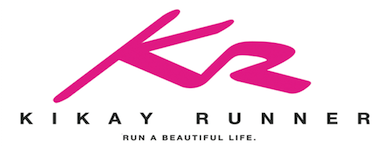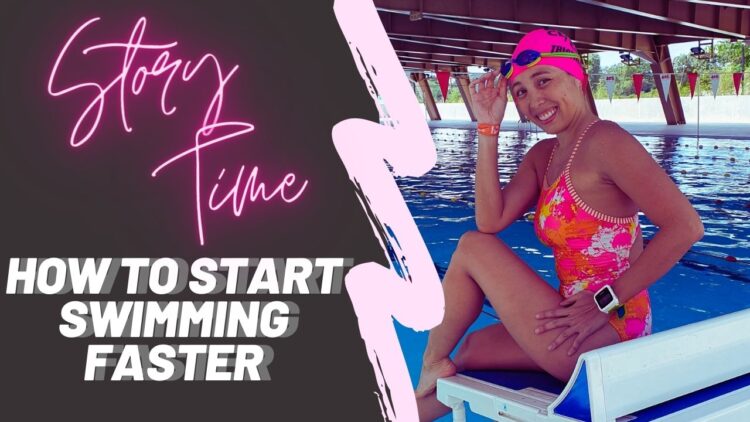Of the three disciplines in triathlon, swimming is my weakest. Even though I learned to swim when I was six years old, and then took it up as a PE elective in university, my technique was not great.
Story Time
When I first started triathlon, my swim was the liability. I would usually come third last out of the water and would try to make up for lost time in the bike and run. Still, I didn’t think I needed to take more swimming lessons.
That all changed in 2013 when I signed up for my first half ironman. The distances were a bit more serious than what i was used to with Olympic distance and shorter. Olympic distance is a 1.5-kilometer swim, 40-kilometer bike, and a 10-kilometer run. A half ironman is a 1.9-kilometer swim (almost 2 kilometers), a 90K bike and a 21K run.
The reality check was when I signed up for an aquathlon early in the year: the Aquaman Aquathlon by SWIMBIKERUN.ph. The swim was 800 meters; when I computed my pace it was just under 3 minutes per 100 meters, which is not where you want to be if you want to be competitive as an age grouper here in the Philippines. I realized I also had other issues with my swim: I wasn’t really confident in the stroke and would even resort to doing backstroke in open water because I was just a head case.
So I finally sought a coach out: Nonoy Basa, who was coaching a bunch of people in my training group at the time. Our first session was all about him looking at my stroke. He took some video and then we got to talking about the goals we wanted to accomplish. The rest of that session was just lots of drills; because I already had muscle memory, I had to unlearn some bad habits.
The drills assigned me were personalised to what I needed to learn with my body. Because you can’t really see yourself in the water, you need to feel things and then get feedback. The coach observes you and confirms whether or not the stroke has been corrected.
We knew it was working was when I did another race: the Triman Triathlon also run by SWIMBIKERUN.ph. Aquaman was in March, and Triman in May. The Triman swim was 1,000 meters. This time, I took the same time swimming 1,000 meters as I had swimming 800 meters. That meant I had chopped off 30 seconds per 100 meters, which is huge if you know your swim paces.
The swim lessons I got from Noy were so valuable because they gave me confidence that my stroke wouldn’t fall apart over the distance. They gave me the feeling that I was capable of going fast instead of just trying to survive the swim.
We tested the swim in open water conditions at the Century Tuna 5150 in Subic Bay. Over 1.5 kilometers, I went roughly the same pace as I had during the Triman Triathlon (which was a pool swim). Two months later, I finished my first Ironman 70.3 Philippines in Cebu City and handled the ridiculous spring tide conditions during the swim quite well.
So here are my tips if you’re looking to become a faster and more efficient swimmer.
#1: Get Professional Help with Your Swim
Hire a coach or at the very least get your swim analyzed and get recommendations on what drills you need to do to correct your stroke and your form.
#2: Swim Regularly
My swims with Noy were held at the Makati Sports Club pool, so at least I was assured of a place to get my swim training in. These days, I swim at my condo pool (and I also have a membership at a gym with a pool). When you swim twice or thrice a week, you’re able to develop the fitness and practice the form.
#3: Be Patient
I no longer consider myself a weak swimmer, but I know that it is something I have to continue working at for as long as I intend to compete in triathlon. A lot of my swim speed comes from fitness rather than perfect technique (which is something dependent on shoulder flexibility and feel for the water); any time I’m away from swimming for extended periods I know I have to work hard to get that fitness back.
If you’re just starting, it’s always better to get the expert advice off the bat so that you don’t waste time flailing about in the pool not knowing what you’re doing.
Hopefully this peek into my journey through the sport gives you some insight on what you might need to do to find the improvements that you want.

